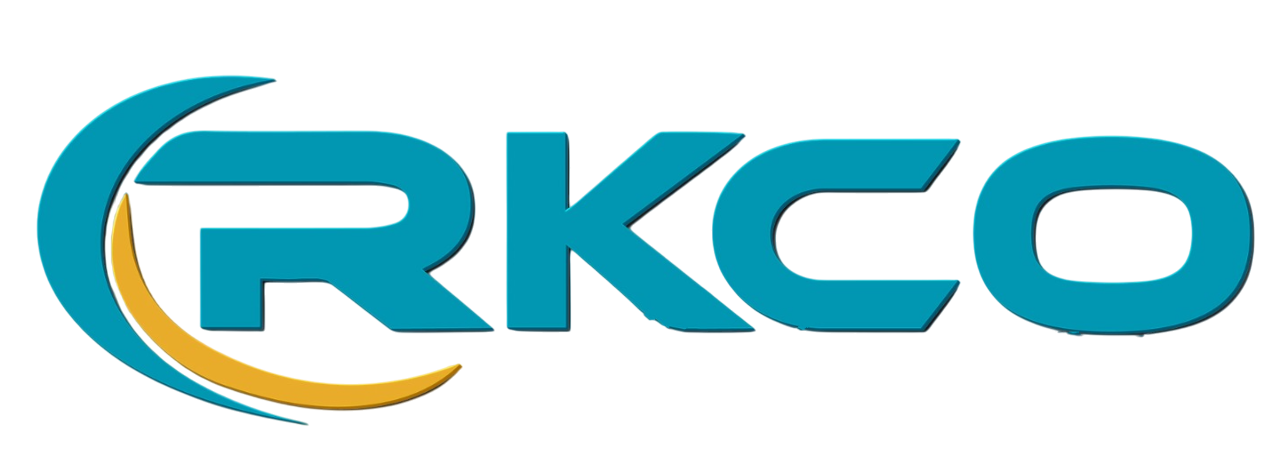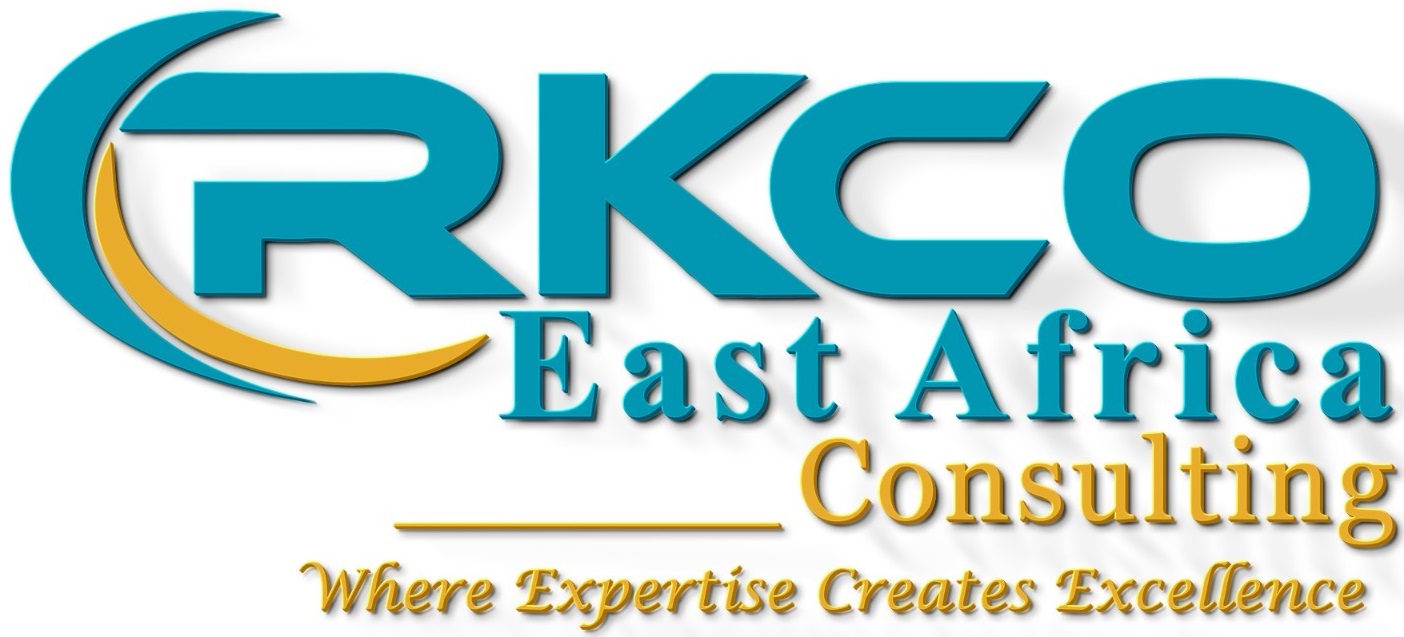ISO 45001:2018 – Occupational Health and Safety Management Systems
ISO 45001:2018 is the management system standard that specifies requirements for an occupational health and safety (OH&S) management system throughout an organization. ISO 45001 gives clear guidelines on how the working conditions in an organization must be. It enables the organizations to provide safe and healthy working conditions by ruling out chances of workplace accidents and disease, thereby proactively improving its performance of the OH&S.

Applicability
All Organizations in Manufacturing sector specially in which the workers health is at risk(Heavy machinery, Air/Water/Soil/Noise pollution, Chemicals, Improper Working Conditions, etc.)
Benefits to Your Business
- Organization can refer its details to national/international buyers for verification, just by giving their certificate number which can be verified from company’s website.
- Better chances of getting National/International orders through tenders or directly. Increased marketing and sales opportunities.
- Better crisis management systems.
- Confidence among stakeholders.
- Imparting awareness regarding OH&S risks.
- Minimizes environmental footprint and diminishes risk of pollution incidents due to air, soil, water, noise pollution, etc.
- Reduction in employee turnover rate, i.e. less absenteeism of employees due to health problems.
Benefits to Your Employees & Stakeholders
- Safer Work Environment – Protect employees from potential hazards and health risks.
- Stronger Reputation – Build trust with clients, partners, and regulatory bodies.
- Competitive Edge – Demonstrates a commitment to workplace safety, helping secure contracts and business opportunities
- Regulatory Compliance-Helps meet legal and regulatory health & safety obligations and reduces risk of fines, penalties, or litigation
- Stronger Internal Governance- Integrates safety into strategic decision-making, Supports long-term sustainability and performance
ISO 45001: Occupational Health and Safety Management System
ISO 45001: Occupational Health and Safety Management System is an internationally recognized standard that sets out the requirements for establishing, implementing, and maintaining an effective health and safety management system.
Help Centre
Have a query? Please check this question and answers
Talk to us Today
ISO certification is a formal recognition that an organization complies with the standards set by the International Organization for Standardization (ISO). It shows that your company meets international best practices in areas like quality, environmental management, and occupational health and safety.
ISO certification boosts credibility, improves internal processes, increases customer satisfaction, and may open doors to new markets or clients that require certified suppliers or partners.
The timeline varies depending on the size and complexity of your organization. Typically, it can take anywhere from 2 to 6 months, depending on your current level of compliance and readiness.
The most common and widely applicable ISO standards include:
ISO 9001 – Quality Management
ISO 14001 – Environmental Management
ISO 45001 – Occupational Health & Safety
We can help you assess which standards best align with your business goals and industry requirements.
ISO 9001 – Quality Management
ISO 14001 – Environmental Management
ISO 45001 – Occupational Health & Safety
We can help you assess which standards best align with your business goals and industry requirements.
Yes. ISO certifications are valid for three years and require annual surveillance audits to maintain certification. A full recertification audit is done at the end of the three-year cycle.
Costs vary based on the size of your business, the number of sites, the complexity of your operations, and the standards you’re pursuing. We offer competitive packages and can provide a free quote tailored to your needs.
ISO certification confirms that your management system meets ISO standards. Accreditation is the formal recognition of the certification body’s competence to audit and issue certifications. Always make sure your certification is issued by an accredited body
The typical ISO certification process involves:
Initial gap analysis
Planning and implementation
Internal audits and management reviews
Certification audit by an accredited body
Ongoing improvement and surveillance audits
Initial gap analysis
Planning and implementation
Internal audits and management reviews
Certification audit by an accredited body
Ongoing improvement and surveillance audits
Absolutely. Many clients and government contracts require ISO certification as a precondition. It can also differentiate you from competitors, showing your commitment to quality, sustainability, and safety.


